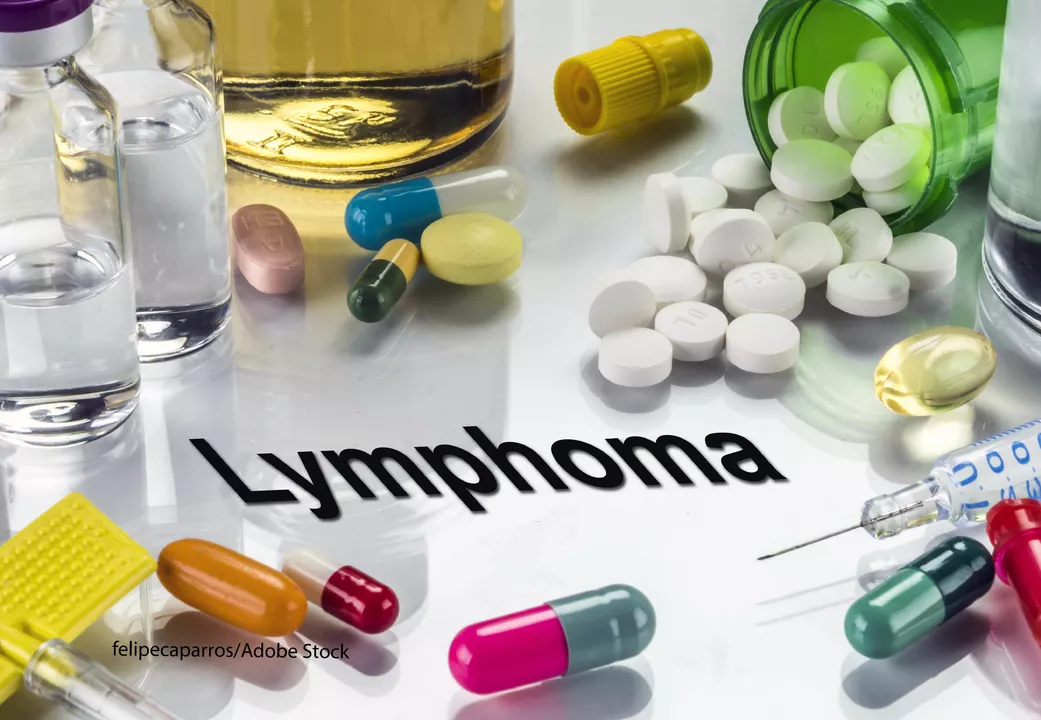Partner Notification: Easy Ways to Share Important Health Info
If you’ve just found out about a diagnosis, a medication change, or a potential exposure, the first thing that pops into your head is probably how to tell the people who need to know. It can feel awkward, but doing it right protects both you and your partner from future problems.
Why Partner Notification Matters
When a health issue involves another person—whether it’s an STI, a hereditary condition, or a drug that could affect them—the stakes are higher. Not telling someone can lead to unwanted spread of disease, missed treatment windows, or legal trouble in some places. On the flip side, a calm, honest conversation builds trust and shows you care about their well‑being.
Many health agencies even have guidelines that say you should let partners know within a certain time frame. Following those rules isn’t just paperwork; it’s a real step toward keeping everyone safe.
Tips for a Smooth Conversation
Pick the right moment. Choose a quiet place where you won’t be interrupted. If you’re nervous, write down key points first so you don’t forget anything important.
Be clear and concise. Start with the fact: “I’ve been diagnosed with X” or “My doctor changed my medication.” Skip the jargon; plain language works best.
Explain why it matters to them. For an STI, say something like, “You could have caught this too, so we should get tested together.” If it’s a medication that can cause side effects in pregnancy, mention the specific risk.
Offer resources. Hand over a reputable website or brochure. Let them know they can call a hotline for confidential advice.
Stay calm and listen. Your partner may react with surprise, anger, or fear. Give them space to ask questions and process the news without rushing.
If you’re worried about how they’ll take it, consider practicing with a friend or counselor first. Role‑playing helps you find the right tone and anticipate tough questions.
In some cases, professional notification services exist—especially for STIs. They can reach out on your behalf while keeping your identity private. This option is useful if you think personal contact will cause too much tension.
Remember, the goal isn’t to blame anyone; it’s to protect health and keep relationships honest. A straightforward talk today can prevent bigger issues tomorrow.
Finally, follow up. After the initial conversation, check in a few days later to see if they’ve taken any steps—like getting tested or talking to their own doctor. Showing that you care beyond the first chat reinforces trust and shows you’re in it together.
Partner notification might feel uncomfortable at first, but with a clear plan, honest language, and a little empathy, you can handle it smoothly. The effort you put in now pays off in better health outcomes for both of you.
The Importance of Partner Notification in Gonorrhea Treatment and Prevention
As a blogger, I can't stress enough the importance of partner notification in gonorrhea treatment and prevention. Informing your sexual partners about your diagnosis not only allows them to seek timely treatment but also helps to stop the spread of this easily transmitted infection. It's essential to have open and honest conversations with our partners, ensuring that we're all taking responsibility for our sexual health. By doing so, we can reduce the risk of complications, reinfection, and the overall prevalence of gonorrhea. Remember, communication is key in maintaining good health for you and your partners.

